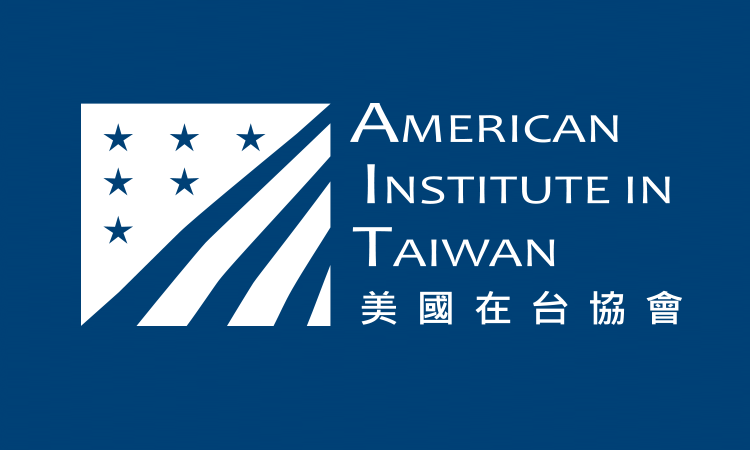OT-1937
June 10, 2019
President Tsai, Justice Minister Tsai, Interior Minister Hsu, Director General Leu, Director General Chen, Director General Chiu, Associate Deputy Director Abbate, distinguished FBI National Academy Associates, good morning!
The American Institute in Taiwan is so pleased that the FBI National Academy Association selected Taipei to hold this year’s Asia-Pacific Chapter Conference. Taiwan is not only one of the United States’ closest law enforcement partners, it also fully shares the values and aspirations articulated in our Free and Open Indo-Pacific Vision. You will often hear U.S. leaders talk about Taiwan as a democratic success story and a force for good in the world. What we mean by a democratic success story is that Taiwan serves as a model for countries across the region seeking a brighter future. Taiwan exemplifies the compatibility of Asian culture and the universal values of democracy, human rights, and the rule of law. Taiwan’s embrace of these principles has enabled it to provide its people with the highest incomes in Northeast Asia. This path has not only facilitated entrepreneurship and innovation, but also fostered a vibrant civil society tolerant of religious, ethnic, and personal freedoms. Thanks to this system, and the hard work of our Taiwan law enforcement friends, Taiwan enjoys one of the lowest crime rates in the world.
When the United States talks about Taiwan as a force for good in the world, we mean to draw attention to the many contributions Taiwan makes to the global community. From enforcing UN sanctions on North Korea, to combatting ISIS and global terrorism, to promoting international religious freedom and good governance, the United States could not ask for a better partner than Taiwan. Here in Taipei, AIT is proud of our collaboration with Taiwan law enforcement, particularly MJIB, the National Police Agency, and the National Immigration Agency. For example, through the Global Cooperation and Training Framework, in the last year alone, we co-sponsored with MJIB two international training events that brought experts from across the Indo-Pacific region to Taipei to enhance investigative techniques and to combat corruption.
It is unfortunate that despite Taiwan’s many contributions to the global community, it is excluded from international bodies like the World Health Organization, International Civil Aviation Organization, and, of course, INTERPOL. In this interconnected world, Taiwan’s absence not only harms its 23 million people, but also increases risks to all countries. That is why Taiwan’s participation in the National Academy network is so important to our collective safety and security.
Let me close by once again thanking our hosts and welcoming the participants who have traveled from across the Indo-Pacific region to join this important event.
















![Video Thumbnail [Recovered]-01](../wp-content/uploads/sites/269/Video-Thumbnail-Recovered-01-1-750x450.jpg)





